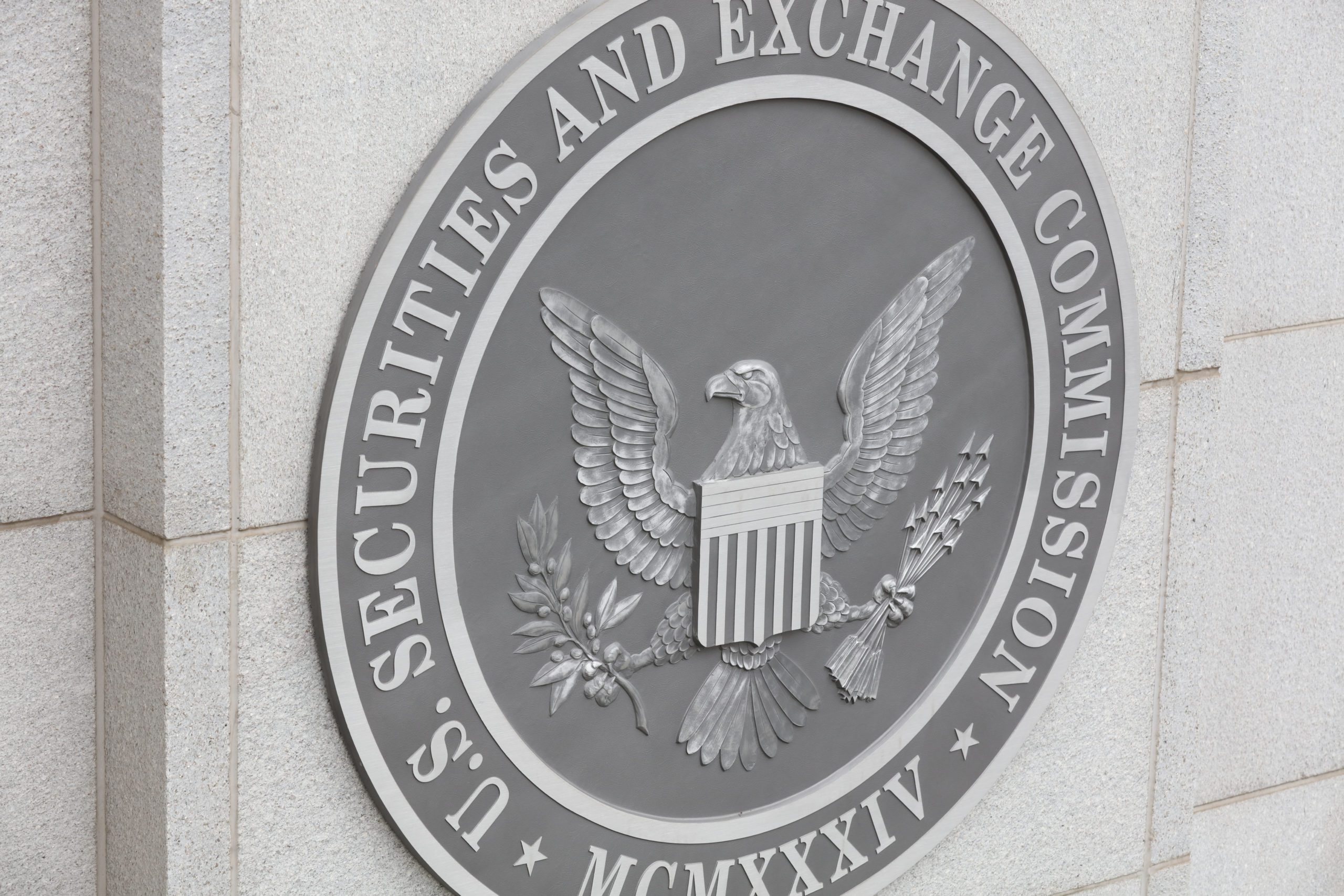By Elizabeth Hearst for AMLi
Lithuania’s Central Bank has suspended the licence of a local FinTech implicated in the Wirecard scandal for failures in its anti-money laundering and counter-terrorist financing framework.
It was reported in May that UAB Finolita Unio was used to funnel more than €100 Million from Wirecard before its collapse last year, according to the Financial Times.
The FinTech was accused of treating AML/CFT regulations “irresponsibly” by the Bank of Lithuania, who added that the company had failed to conduct due diligence on the risks of customers, identity checks and beneficial ownership.
The Lithuanian Central Bank contacted payment providers in June 2020 after rumblings that German payment processing firm, Wirecard, was in trouble.
Following an initial investigation, the Central Bank identified issues at the FinTech after it found that the company had failed to comply with international sanctions and “inadequately monitored” operations of those linked to the company.
Prosecutors in Germany believe that some of a €100 Million loan approved by Wirecard in March 2020 to a Singapore-based Senjo Group, a subsidiary of UAB Finolita’s owner, and processed by the company was transferred to Wirecard’s infamous former Chief Operating Officer Jan Marsalek.
Marius Jurgilas, board member of the Lithuanian Central Bank told the Financial Times that it would be “unfortunate” if there was an international perception that the country’s supervisory framework “could be under pressure”.
Jurgilas also stressed that it was “not the first” time that the country’s Central Bank had revoked or suspended a FinTech’s licence. He added that he couldn’t “claim in the future there won’t be more cases”, but said that the revocation of a licence was “extremely severe”.
It has emerged that the FinTech had made the Central Bank aware of suspicious activity, and was “in the middle of selling itself to new investors” according to the Financial Times.
It’s believed the company will appeal against the decision which they have labeled as “bad news for every participant in the financial market”, adding that companies would now attempt to “hide their mistakes rather than solve a problem openly”.
Share this on:
Follow us on:











